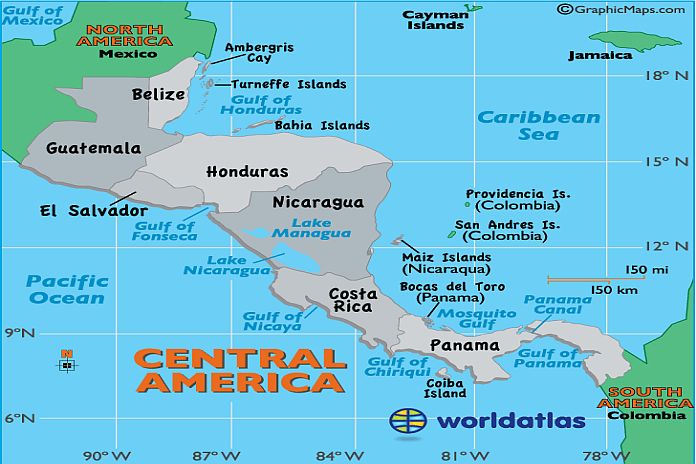(CentralAmericaData) – “The cost determines my selling price” and “let’s lower prices to win customers and then start raising them” are some of the phrases that should be avoided when designing a pricing strategy.
Ariel Banos, founder of Fijaciondeprecios.com, has identified five phrases that are dangerous and that companies should avoid applying when designing their price management strategy.
Details of the phrases that should be avoided:
My proposal is cheaper and better than my competitors
This is unnecessary. We must agree: either we are the cheapest, and aim to make money by being the low-cost option for customers, or we decide to differentiate ourselves by offering better alternatives than our competitors. One or the other, it’s as simple as that. The two things at the same time result in a real hell: the low prices of low-cost and the high costs of differentiated proposals.
My prices are very transparent: I charge all my customers the same
Surely our prices will be very transparent if we do this, what I have no doubt is that we will be leaving a lot of money on the table. It is impossible for all customers to value our proposal in the same way, so prices should follow this different valuation. Segmenting, i.e. charging different prices for the same proposal, is perfectly ethical, and allows us to reach each customer with the right price. If you have any doubts, try quoting an airline ticket and then let me know.
Let’s lower prices to win customers and then start raising them
Lowering prices will allow us to reach more customers quickly. I wouldn’t even argue with that. But how many of those customers will we be able to retain when we need to raise prices to regain profitability? In a short time, our business will be filled with price shoppers, the most difficult to retain. These new customers will not hesitate to flee as soon as the deep discounts run out, or when our competitors decide to respond with even lower prices. Price competition is one of the most difficult scenarios to escape from. The best recommendation is to avoid this type of temptation.
Cost determines my selling price
The cart should not push the horse. Why base our price on an aspect that is only relevant to us, such as costs, instead of thinking about customer value and the competitive situation? Determining the selling price will allow us to know what level of costs the company can incur in order to profitably sell its proposal. Let’s first determine the price and then the costs, not the other way around. Our entire proposal (the technical solution, investments and resources employed) should be subordinated to the prices we identify that we can charge.
Customers buy mainly based on price
We are not Apple, nor Coca Cola, therefore, if we do not offer low prices, customers will never choose us. It is a mistake to think that, in any market, “the vast majority” of customers only decide on price. If it happens to us that our customers only look at the price at the time of purchase, we should ask ourselves if we are really offering a solution different from the rest. Differentiating ourselves, not only by the product offered, but also by the attributes that are part of our “extended proposal” such as customer service, availability, support, proximity, compliance with hygiene and safety standards, are excellent alternatives to stop depending on price as the main sales argument.





